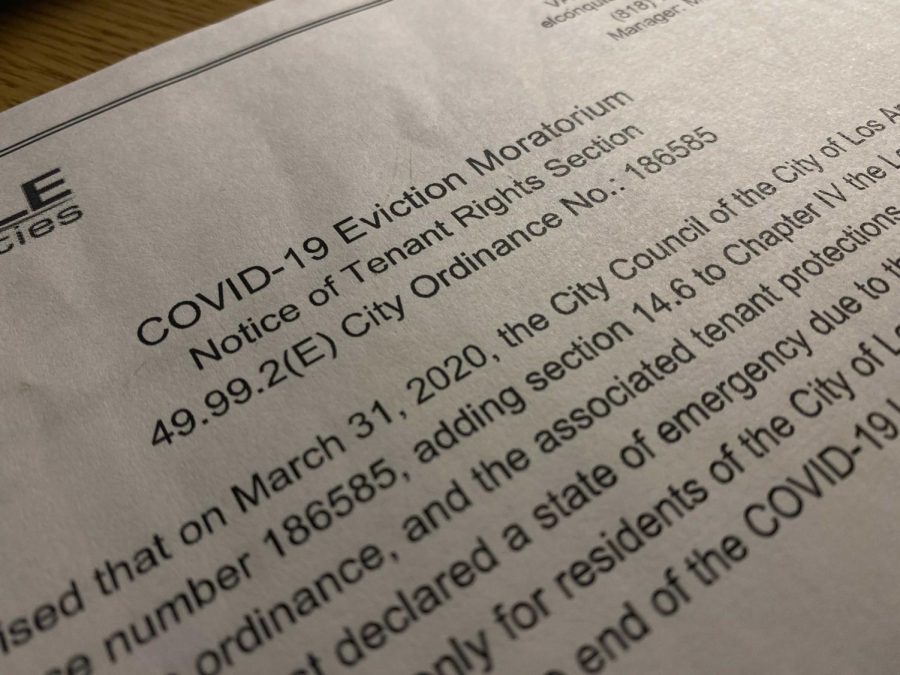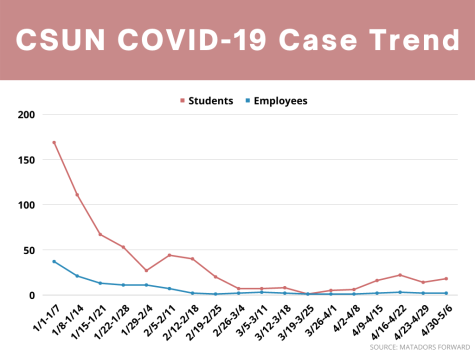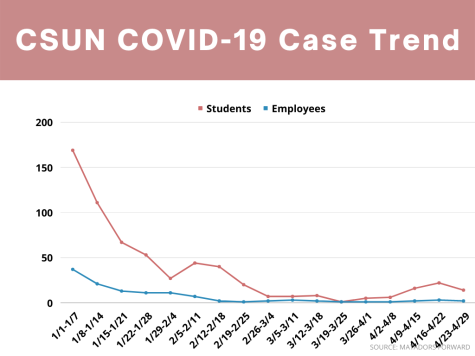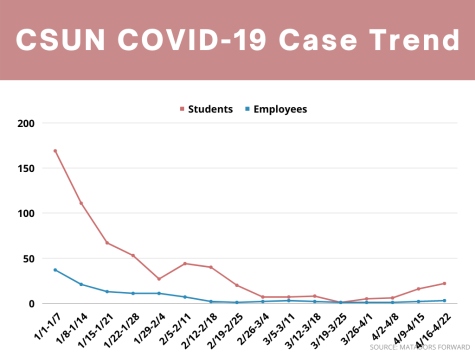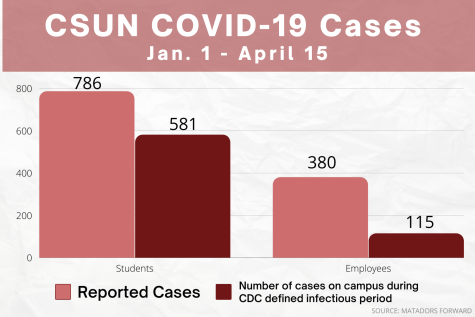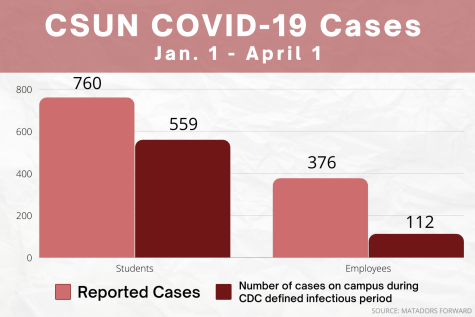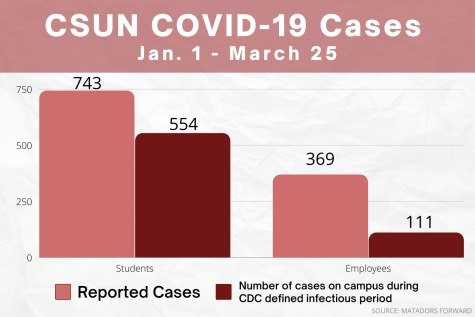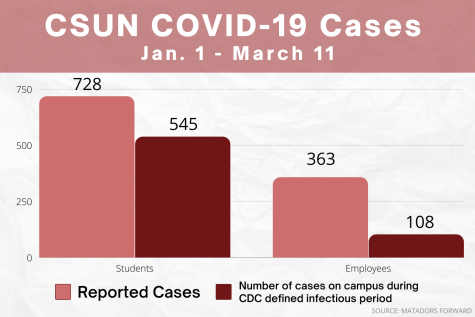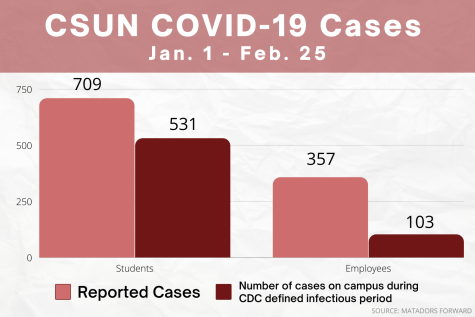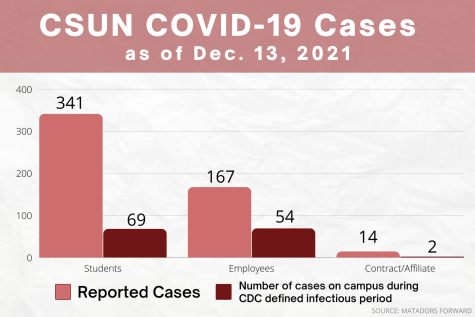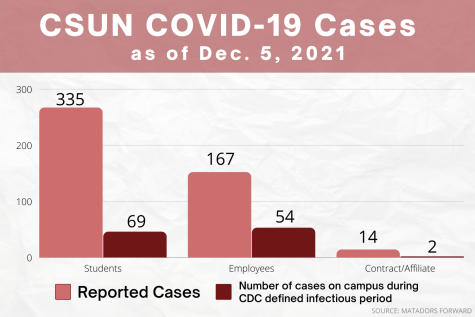Renter protections for LA citizens in a time of COVID-19
LA renters are protected from eviction during the COVID-19 crisis.
April 23, 2020
In order to assist tenants affected financially by COVID-19, Mayor Eric Garcetti and the Los Angeles City Council have implemented various protections for renters in LA.
“Maybe you’ve had your hours cut or you’ve been laid off or you’ve tested positive for COVID-19 and you’re unable to work,” Garcetti said. “I want you to know that that city is here to help you. I am here to help you.”
On March 23, Garcetti issued a temporary halt on evictions for tenants that are unable to pay rent due to COVID-19 related circumstances. Following that order on March 30, he executed an emergency order that suspended rental increases on units that fall under the city’s Rent Stabilization Ordinance.
The tenant protections ensure that until the end of the local emergency period, a residential tenant cannot be evicted if they have experienced loss of income due to reduced work hours, workplace closures or health care expenses related to being ill or caring for family members with COVID-19. Families who have had to leave work to take care of children or have increased child care expenditures due to school closures are also protected.
Property owners cannot exercise a no-fault eviction, meaning an eviction not based on the fault or action of the tenant. Landlords may not evict tenants due to inconveniences related to COVID-19, like needing to house unauthorized occupants or pets and may not charge interest or late fees on unpaid rent.
As of March 30, through the end of the local emergency period, rent increases are prohibited for units under the city’s RSO. Landlords may not issue notices to collect cost recovery fees, but can issue a legal rent increase that cannot be collected until 60 days after the expiration of the local emergency period.
“Across Los Angeles we have 624,000 rent stabilized units in 118,000 buildings. Tenants in these RSO units will not be subject to any rent increase,” Garcetti said. “Rent will stay the same. This is a commonsense action on top of the eviction moratorium. It will help folks stay in their home and make ends meet.”
The rent ordinance does not require tenants under the RSO to provide their landlord with notice of their inability to pay rent due to COVID-19. However, the executive order signed by Gov. Gavin Newsom on March 27 states that above all, California renters must notify their landlord in writing before or within seven days after rent is due.
“The money owed by tenants wom’t magically disappear. Tenants still need to pay the rent if they can,” Garcetti said.
Regardless of these protections, tenants are not relieved of their rent obligation and will be required to pay the rent owed. Residential tenants will have up to 12 months after the local emergency’s expiration to repay, while commercial tenants will have three months.
Residential buildings refer to single family and detached homes, duplex, triplex, fourplex, townhouse, condominiums and some housing co-operatives. Commercial buildings are those that usually lease space as part of a rental business.. Commercial property includes office buildings and retail spaces.
Landlords and renters are advised by the LA Housing and Community Investment Department to come to a mutual payment schedule for repayment of rent.
Assistance for tenants from HCIDLA is available at https://hcidla2.lacity.org/ or at 866-557-7368, Monday through Friday from 8:30 a.m. – 4:30 p.m., and Saturday and Sundays from 10 a.m. to 3 p.m.
